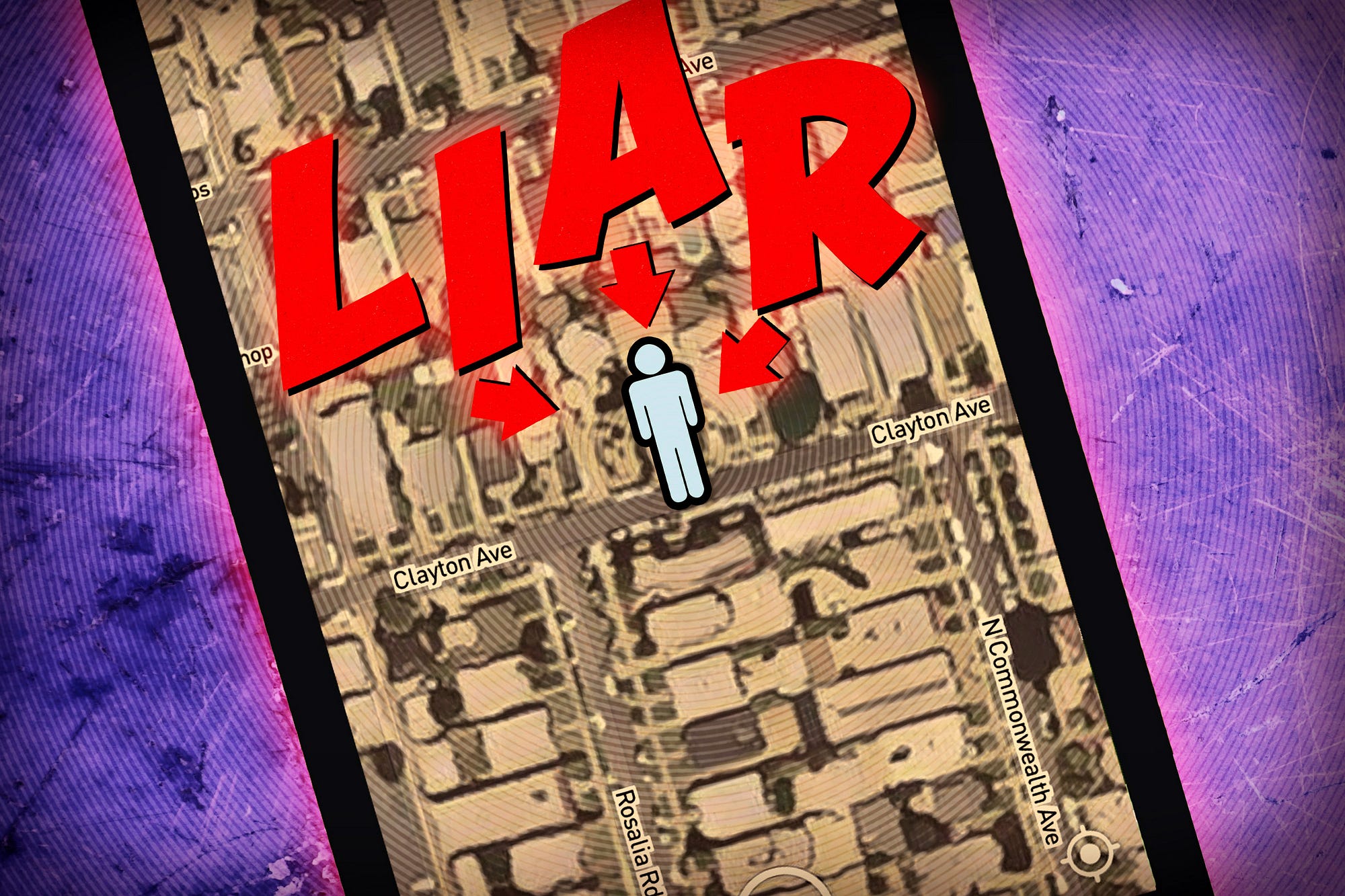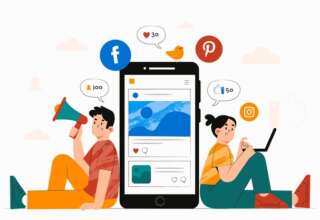
Nearly a month ago, Snapchat rolled out a new feature that organizes your friends by location on a nifty map of the world. The update allows you to zoom in on a person’s bitmoji avatar at any given time of the day, and see exactly where they are. It also uses data points to determine what you’re doing, and automatically updates your bitmoji to reflect it. If you plug headphones into your phone’s audio jack, your avatar will don some, too. Long stretches of inactivity at night will cause your public bitmoji to snooze while standing, or in an armchair. The program plops you in a car or plane if you’re moving fast. It’ll even give you a virtual towel when you’re at the beach.
But the slow, steady meld between geotagged bitmoji and human person is problematic for a couple of reasons. Along with the Snap Map premiere came a ritualistic round of dread over safety concerns. “Snapchat’s newest feature is also its biggest privacy threat” read a story from The Verge that revealed that the app updates a person’s location on the map every time they open it. Understandably, a handful of child safety organizations also warned parents against allowing their children to be so closely tracked by strangers. But as someone who has developed a kind of exhausted resignation to location-based social networks, Snap Map terrified me for another reason: It may be the death knell for the little white lie.
Stretching the truth to get out of social commitments is natural, healthy human behavior. Rather than personally insult someone by saying you don’t want to go to their weird experimental tapas dinner party, you just say you’re sick, or busy, or have other plans. Your would-be host can go on existing in the world without feeling insecure about his cooking, and you can spend the evening with someone else, eating better food. This is how people have maintained healthy relationships since … forever, probably.
But the on-demand nature of social media is swiftly killing this social norm. Even the most checked-out smartphone users have seen this coming for years. In 2010, we were reading cautionary tales about Foursquare stalkers, and seven years later, the same technology is being used to corroboratepotential collaboration with a foreign power seeking to influence a U.S. presidential election. We have read about the audacious data collection of apps like Swarm and Pokémon Go, but have shrugged off the implications for the sake of entertainment or social connections. Before Snap Map there was (the now defunct) Instagram Photo Map, a location-tracking feature that was subtle enough to trick high-profile celebrities like Beyoncé, Reese Witherspoon, and Michelle Obama into accidentally revealing their whereabouts.
If you have told a little white lie about Friday night plans within the past decade, it has likely also required a great deal of digital tiptoeing. More often than not, something falls through the cracks. A friend once told me about how she lied about her trip to L.A. being cancelled to avoid a friend and hang out with other people. To cover her bases, she gave strict no-Instagramming instructions to everyone she saw that night. But her cover was surreptitiously blown when she tweeted something, and the app automatically tagged her location. What began as a kind attempt not to hurt a friend’s feelings ended with a multiperson conspiracy and a dramatic confrontation. “It’s a wonder I have friends,” she said, guiltily, as she finished the story.
In its short existence, Snap Map has already created plenty of similarly awkward circumstances for its users. People who aren’t publicly a couple have been identified as such via the app’s automatic coupling feature, which joins bitmoji together atop a white circle when they’re with each other in real life. The real-time traveling feature has also made it apparent that most tardy friends are lying when they text “on my way.” Others have lamented about simply seeing all their friends cluster in one location together, knowing that they weren’t invited to join. There’s already a Cosmopolitanarticle titled “18 Times Snap Maps Ruined Relationships.”
Yes, these early snafus might’ve never occurred if users had the wherewithal to adjust Snapchat’s location-tracking settings. But technicalities like that die in the shadow of social media’s massive influence. Just as humans have forgotten to turn off curling irons, ovens, and lights throughout all of modern society, they will inevitably forget to disable geotagging settings. Being tracked is our new reality.
So as platforms like Snapchat and Instagram Stories become the new norm in social media, lying about your plans has become even more weighty. AsThe New Inquiry’s Rob Horning puts it: “The point of being on social media is to produce and amass evidence of being on social media.” For a generation whose motto is “pics or it didn’t happen,” skipping posting for an evening is like temporarily ceasing to exist. Part of the reason we lie our way out of plans is to accept a better offer. But when you’re forbidden from documenting that experience — the glittering rooftop party, the Instagram-friendly tequila tasting, the stunning Manhattanhenge sunset — it becomes both a paranoid practice in dodging your friend’s smartphone cameras, and a sacrifice of your personal brand, and therefore yourself.
Do I think the Snap Map is cool? Sure. And if history tells us anything, Instagram will probably have one soon, too (again). But it’s also a sign that an era of uncomfortable honesty is upon us. Ghosting can only be used to avoid vague acquaintances. Soon, we’ll all need to figure out a nice way to say “your BBQ seemed boring, and that’s why me and my bitmoji are at the beach instead.” The only other option is opting out completely.
[“Source-theringer”]







